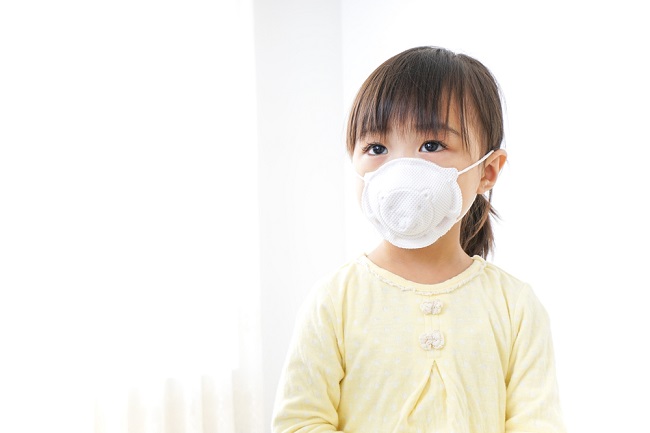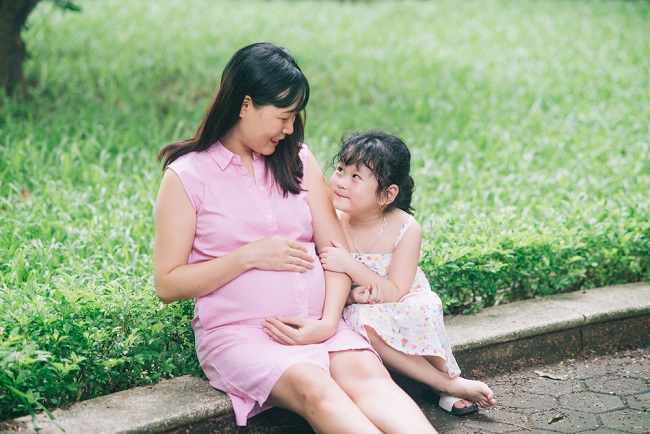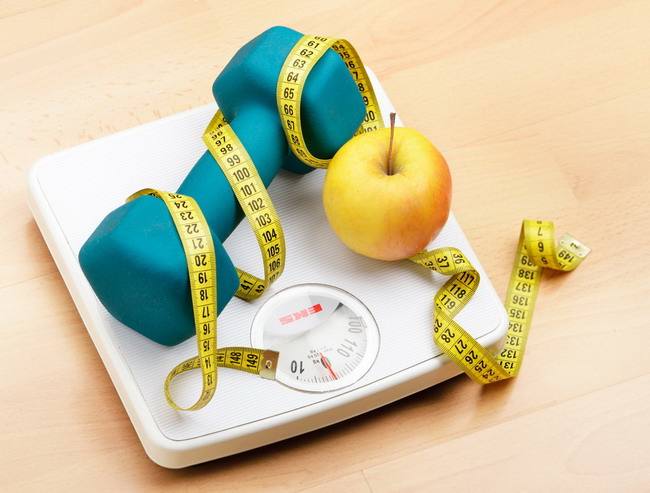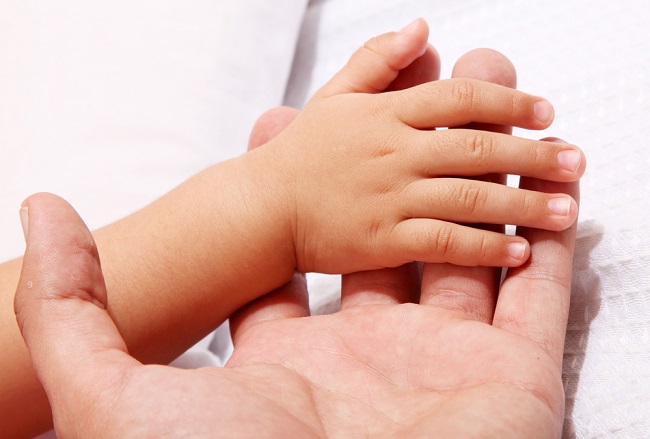Anxiety and worry may be felt by parents when the baby is teething, because the baby will be more fussy, cry often, and his body temperature rises. Well, to deal with fussy babies due to teething, there are several easy ways you can do.
In general, babies start teething when they are 6 months old. However, there are also babies whose teeth grow before the age of 4 months or after 12 months. The teeth that grow first are usually the two front bottom teeth, followed by the top two front teeth.

Before the first teeth appear, the baby will show several signs, namely being more fussy than usual, likes to bite objects that are held, salivate more, gums look swollen, and decreased appetite.
Some Ways to Deal with a Fussy Baby When Teething
To deal with your little one who is fussy because his teeth will grow, there are several ways you can do, namely:
1. Giving dental toys (teether)
To overcome the habit of your little one biting objects when teething, Mother can give a tooth toy orteether. This type of toy usually has a soft material, so it is safe for the gums.
Giving teether It can also prevent your little one from biting hard and unclean objects that are harmful to their health. Choose a dental toy with a BPA-free label and don't forget to clean it before use or after use.
2. Provide healthy snacks
If your little one's teeth are growing at the age of 6 months or more, you can provide healthy food or snacks as a substitute teethers. Carrots, apples, or bread cut into small pieces can make it easier for your little one to grip and bite his food.
Mothers are also advised to always accompany the Little One while eating just in case he chokes.
3. Giving cold drinks
Cold drinks, such as yogurt, you can give as a pain reliever or itching when your little one is teething. However, make sure the cold drink is not too cold because it can actually make the gums hurt.
4. Wiping baby's gums
Mothers can use clean fingers to gently and slowly rub the little one's sore gums. This can relieve the pain he feels for a while so that he is no longer fussy.
If some of the methods above are not effective in dealing with your child who is fussy due to teething, you can take him to the pediatrician for an examination. Your doctor will prescribe a pain reliever, such as paracetamol or ibuprofen, in small doses. Avoid giving over-the-counter medicines without a doctor's prescription.
How to take care of baby teeth that are starting to grow
Well, after your little one's first teeth appear, there are several steps to take care of baby teeth that you can do, namely:
- Wipe a soft, clean cloth on his teeth twice a day, after breakfast and before going to bed.
- Use a little toothpaste when the teeth have grown to four teeth. Mother can use toothpaste containing fluoride when he was 3 years old.
- Gradually, start brushing your little one's teeth thoroughly.
Mothers are advised to choose a toothbrush with a large handle, a small brush head, and soft bristles. Take at least two minutes to brush your baby's teeth, especially the back molars. The back molars are areas where teeth often have cavities when they first erupt.
You should also help your little one brush their new teeth until they are big enough to hold the brush, rinse, and spit without help. This usually he can do when he is about 6 years old.
To prevent your little one's teeth from cavities, avoid giving drinks other than breast milk, formula milk, or mineral water. If giving other drinks, avoid adding excessive sugar to them.
When the baby is teething, the symptoms that appear are generally mild. However, if the teething condition is accompanied by symptoms of diarrhea, vomiting, a rash appears, or a high fever, immediately consult a doctor to get the right examination and treatment.









